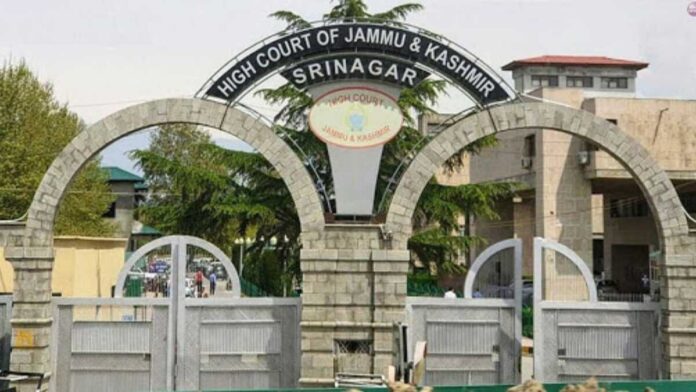The Jammu and Kashmir and Ladakh High Court has deferred the final hearing to March 20 on a contentious issue surrounding the Lieutenant Governor’s (LG) power to nominate members to the Legislative Assembly. The Public Interest Litigation (PIL) questions the constitutional validity of the LG’s authority under the J&K Reorganisation Act to appoint five MLAs without consulting the council of ministers.
The division bench, composed of Justice Sanjeev Kumar and Justice Rajesh Sekhri, has ordered all involved parties to finalize their pleadings by the set date, ensuring that replies and counter-replies are submitted in time for the proceedings. The court session is expected to last the entire day, reflecting the significance of the case.
Representing the Union Territory, Solicitor General Tushar Mehta stood for the respondents, while the petitioner, Ravinder Sharma, was represented by senior advocate Dr. Abhishek Manu Singh and D K Khajuria. The PIL was initiated after the Supreme Court, on October 14, directed the petitioner to seek resolution from the high court, declining to entertain the plea itself.
Chief Justice Tashi Rabstan had previously formed a special division bench to handle this high-profile case following its escalation to the apex court. The PIL challenges specific provisions of the Reorganisation Act, arguing that they are “ultra vires” or beyond the powers granted by the Indian Constitution, unless there is due consultation with the council of ministers.
In a related motion, retired government official Ravinder Singh and Gurdev Singh, head of the Jammu Kashmir Sharnarthi Action Committee, have filed to join the case as respondents. Represented by advocate S S Ahmed, they argue the issue’s critical public importance and assert their right to participate due to their backgrounds as residents from Pakistan-Occupied Jammu and Kashmir (PoJK) who relocated in 1947.




